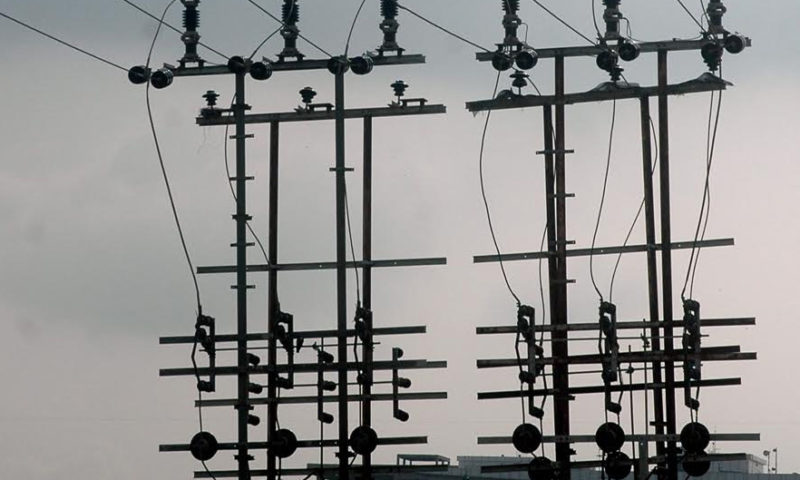Tata Power Company’s recent appointment as the distribution franchisee for the Ajmer circle in Rajasthan could do well for the languishing DF model.
On April 21, 2017, Tata Power Company announced that it has signed the distribution franchisee agreement with Ajmer Vidyut Vitaran Nigam Ltd for power distribution in designated areas of Ajmer city in Rajasthan. This development is significant on several counts.
For Rajasthan, this represents furtherance in its endeavour of privatizing power distribution under the DF model. Ajmer represents the fourth city after Kota, Bharatpur and Bikaner to come under the distribution franchisee ambit.
For Tata Power, amongst the oldest power utilities in India, it is another attempt at experimenting with the DF model. The utility in late 2012 was appointed as distribution franchisee for the Jamshedpur circle in Jharkhand but the agreement was called off in 2015. However, this development follows the state government’s decision to work on the DF model afresh and cancel all previous agreements. Accordingly, the DF agreement with CESC for the Ranchi circle was also annulled. Incidentally, Jharkhand had initiated the process of inviting DFs for seven circles (including Ranchi and Jamshedpur) but elicited poor responses from bidders.
Tata Power has done a wonderful job in making power distribution a profitable business in Delhi. However, Tata Power’s involvement in Delhi is through the licensing model. It has formed a joint venture Tata Power Delhi Distribution Ltd, in which the Government of NCT of Delhi is also a stakeholder. The Delhi government, for that matter, is also a stakeholder in the other two private power utilities BSES Yamuna Power and BSES Rajdhani Power, in which the private party is Reliance Infrastructure (Anil Ambani Group).
Under the licensing model, the private entity (licensee) undertakes capital expenditure in improving the distribution grid. It is therefore an asset-heavy model. The DF model is a relatively asset-light model where the primary focus is on improving the commercial efficiency of the designated area through enhanced recovery of dues from customers.
The distribution franchisee model has generally not been successful. Since there aren’t too many successful precedents, there are not many emulators as well. There are several cases where the DF model has failed—Aurangabad and Jalgaon in Maharashtra; Ujjain, Sagar and Gwalior in Madhya Pradesh; Ranchi and Jamshedpur in Jharkhand; and perhaps some more.
Also read: Making the distribution franchisee model work
As a seasoned power utility, Tata Power has tremendous experience in handling both the B2B and the B2C segments in the power value chain. It is therefore expected that Tata Power’s involvement in the Ajmer circle could bring much needed credibility and support to the power distribution franchisee model, per se. According to information available, Tata Power did bring about efficiency in Jamshedpur during its tenure as the distribution franchisee. However the appointment was cancelled more as government ideology rather than inadequate performance by the private franchisee.
First for Ajmer discom
Rajasthan has three power distribution companies—Ajmer, Jaipur and Jodhpur. For Ajmer Vidyut Vitaran Nigam Ltd (AVVNL), the Ajmer circle is the first instance of appointment of a distribution franchisee. AVVNL handles power distribution in 12 circles spread over eleven districts—Ajmer, Bhilwara, Nagaur, Sikar, Jhunjhunu, Udaipur, Banswara, Chittorgarh, Rajsamand, Doongarpur and Pratapgarh.
Ajmer district has two circles called “Ajmer City” and “Ajmer District”. The Ajmer City circle, in turn, has three divisions, out of which two (City Division-I and City Division-II) will be taken over by Tata Power.

